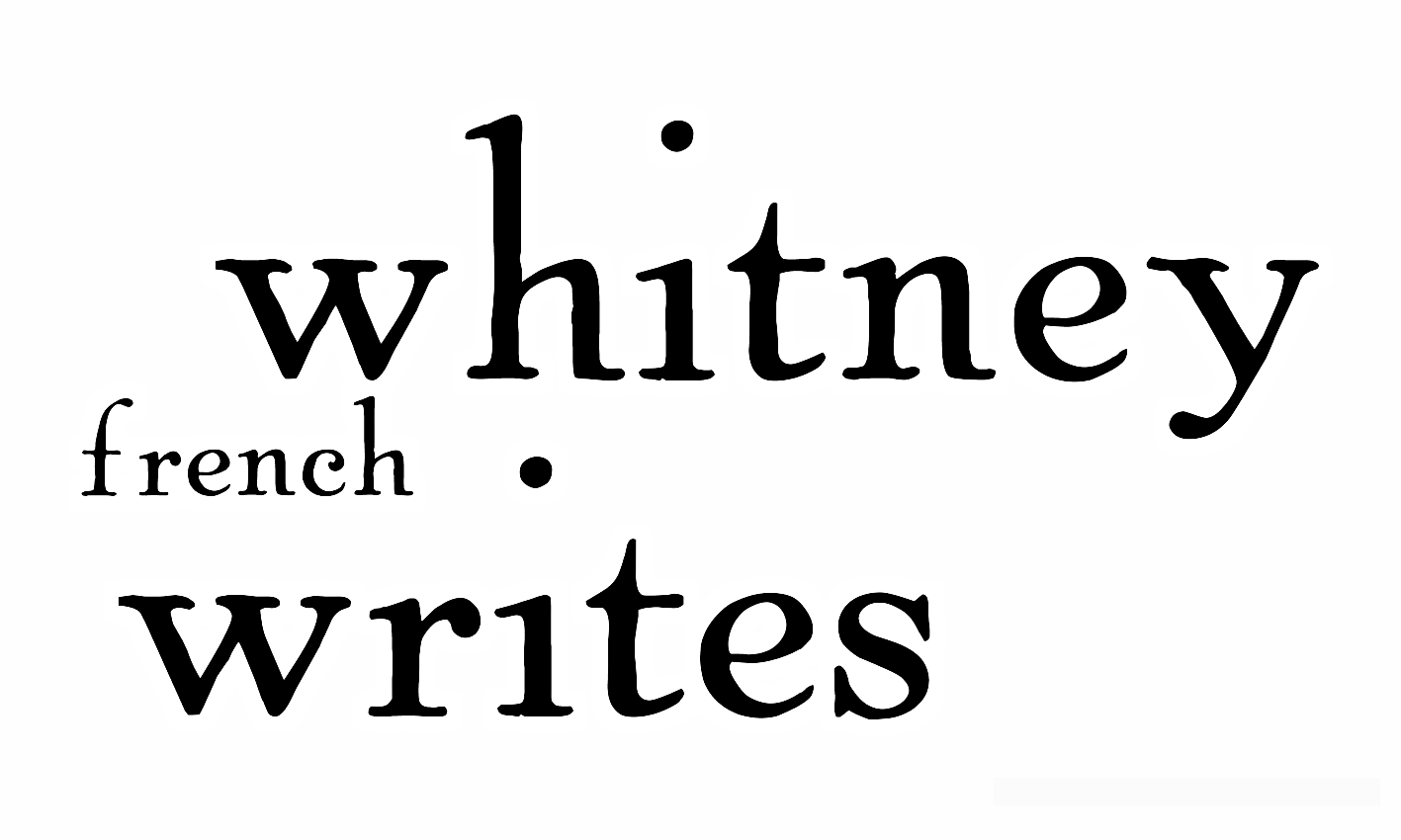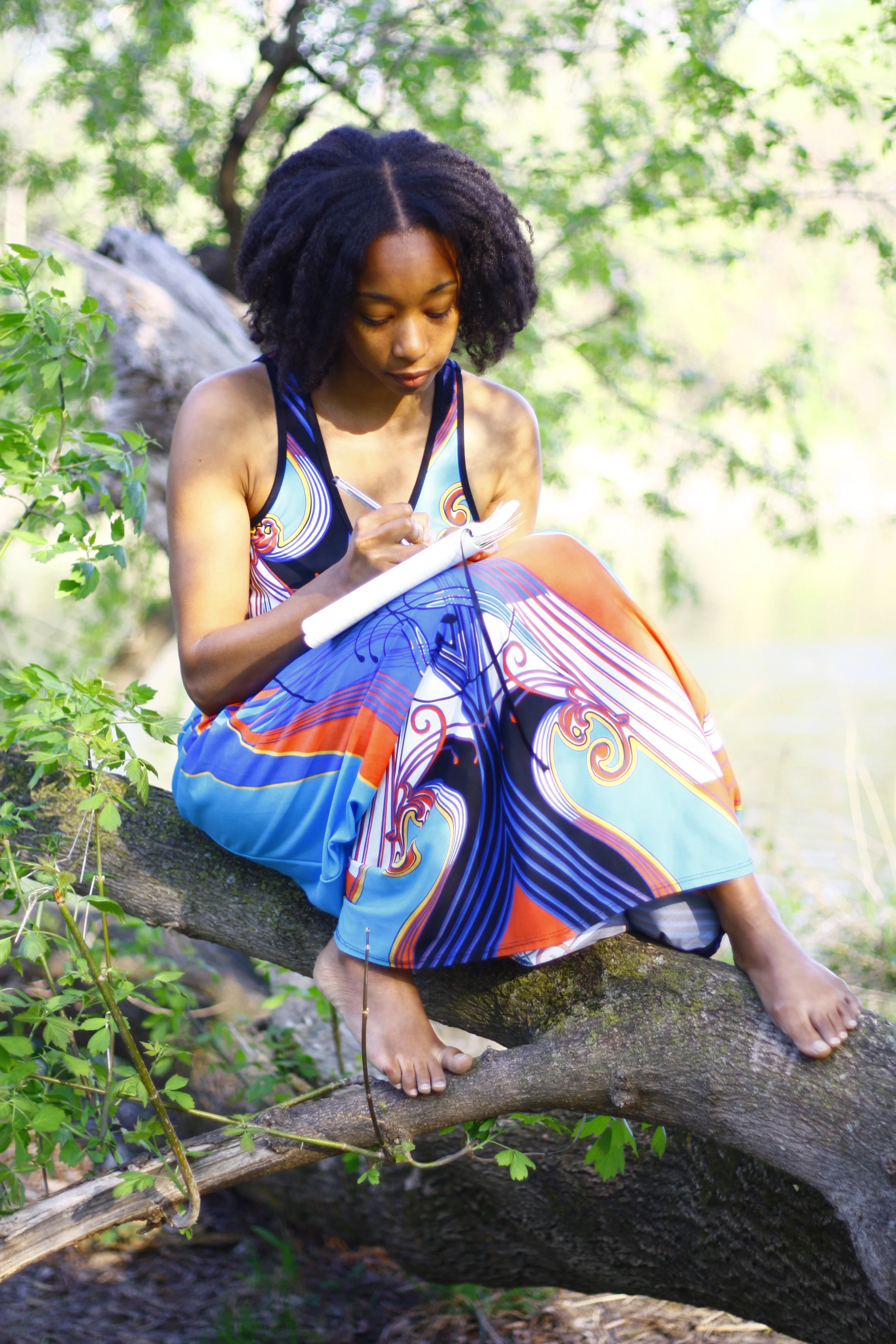Releasing Power & Being Witness to Others Expressing Self-Determination
/Part of “A Very Valuable Series” — SELF DETERMINATION
When I embarked on this blog series I had no idea how personal it would go. I hoped it would, I was ready for it, but I didn’t fully set the intensions to go deep. That’s the thing, we are often told the personal and professional (and even more so…the political) are separate worlds. If you read my past blog posts, I’ve been exploring self-determination as it relates to my business. But as I scribbled “self-determination” on my list of values, I did not noticed the weight of it, the level of commitment to be authentic didn’t hit me right away.
In a way, the definition offers guidances, sure, but I struggled (still struggle) to excavate what does it even meet to be self-determined. The best way for me to explore complex ideas and emotions is through storytelling. So here’s are two mini stories will uncover substance and discovery.
(1) Releasing Power: Oh yeah, self-determination means determining my own destiny. Yup, I’m here for that. I have the power to make things happen. Real talk: I was heavily influenced by the boss-lady femmentrpreneurs online who just own their thing.
They handle business.
They grind all the time
& most importantly
they get that money!
Money getting is very important for businesses, apparently.
And they rule their own world. They harness power, exude confidence and laught at those who have yet to acquire their own personal power to run their own business (sometimes). Power seems like the key ingredient for success.
As a workshop facilitator, I love the sound of my own voice (true story) — I know, I know, I have the ability to “empower” others and “inspire” a group to write. And this power to bestow power to someone else feeds my insatiable ego. It’s one type of power. The type that I activate as I step into the classroom or community centre or lecture hall has to do with attention.
All eyes on me.
I speak.
I run the show.
& most importantly
I get that money!
I’ve recently become uncomfortable with the level of comfort I have with wielding this type of power. And especially when working with youth, you can’t be out of control (they’ll eat you alive!) you have to run things. No matter how deep my politic is around decolonizing the classroom, thinking of bell hooks who sees the classroom as a site of violence always — to which I agree — I fall right into that role, I gain power as the facilitator.
I’m handling business
I’m hustling hard
I’m running things.
And there is, despite wanting to “help” or better still “empower” those around me, I recognized the possessive quality my power had. I held so much importance on being a leader. I wanted it. I wanted to hold it. To, most of all, keep it. The more I do this work, the more I’ve come to understand that the role of facilitator is so fluid. Less teacher, more encourager and event if I’ve planned the perfectly executed program, that doesn’t mean I hold all the power.
(2) Recently I had a student say to my face, “I don’t like you.” It was a writing workshop and this new generation artists looked me dead in the eye and said, “I don’t like you,” and began challenging me, my writing, my worth and my qualifications to facilitate.
It was intense and yes, I felt the power draining from me. I was a scared little girl who for a millisecond believed all those doubts — massive imposter syndrome — to be true. So there’s a few things to do in this instance:
(& the first one that came to mind) exert all my power, flex my credentials, challenge right back and make myself BIG!
(& what I actually did) release my power:
“You don’t have to like me. You just have to write. When you’re ready. And I’m here.”
Facilitators inherently have power but are positioned to be flexible enough to de-centre that power, have the option of sharing it. That same student acquired the role of moderator in my same workshop class, allowing them to be ‘in charge’ for a solid thirty minutes of the session and flex their chops. Yes, they were able to exert their personal power.
I released power but I’m not in the habit of doing so. I can admit that. It’s something that takes practice. Like at the beginning of workshops, I have to acknowledge my intensions, recognize that I don’t hold all the knowledge in the room, that there are lessons within the group and each are worthy to be heard.
Releasing power can look like mentorship, it can look like throwing up questions to the group, it can look like allowing an eager (intense) person to take the lead, it can look like simply saying, “You know what, I don’t know.”
More mentorship, less Miyagi. Although I am a fan of Miyagi on the real.
The type of power I so desperately cling to is superficial at best and destructive at worst, and holds no comparison to an inner personal power that’s a lot harder to cultivate, and ultimately take away.
This may be the thing that holds true when thinking about self-determination. Not my own, but being witness to my students “run things” while holding my ground, maintaining confidence, and sharing spaces to speak and impact those around me.
I am deeply convinced that my quest for self-determination is intrisictly linked to this release. Or maybe the femmentrpreneurs got it right and I got it wrong. Either way, I’m going to keep pushing the limits and experiment with that fine balance of facilitating and taking the lead, and opening up space for my students and participants to shine powerfully.





